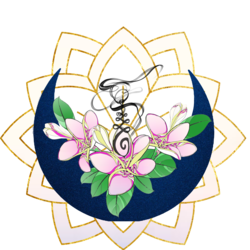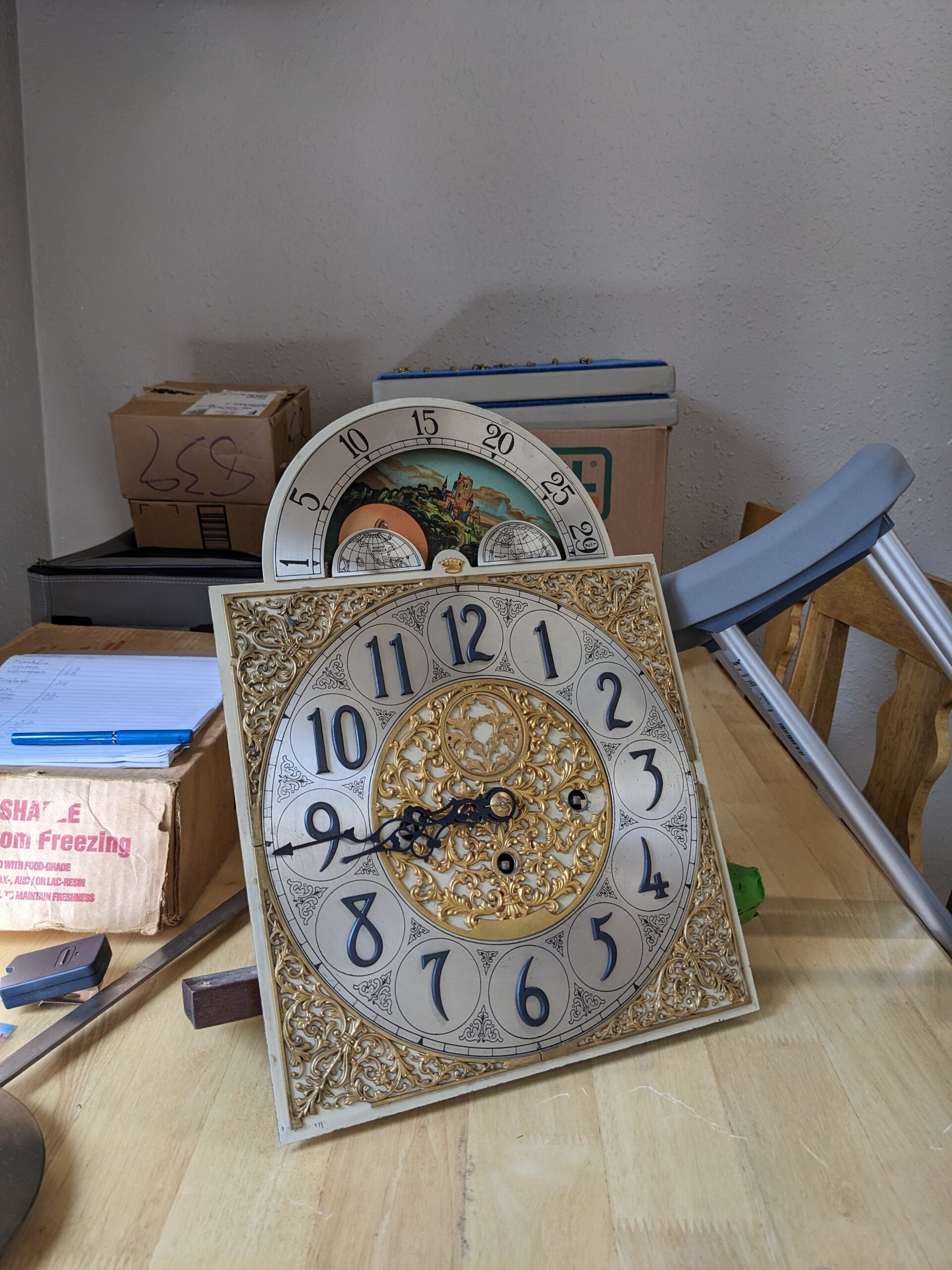
When forming a treatment plan for an illness or disease it is helpful to understand your own nature, your doctor’s nature as well as the nature of the disease you are facing.
This question is important to answer before making big decisions.
I learned from author Loren Cruden that, “To trust is to place confidence in something’s tendency to act according to its nature. Following this definition, it plainly benefits you to have an accurate perception of that thing’s nature.”
When forming a treatment plan for an illness or disease it is helpful to understand your own nature, your doctor’s nature as well as the nature of the disease you are facing.
My mom was diagnosed with heart failure and COPD. She never smoked so she didn’t have that to give up. The nature of these two diseases together is that they cause extreme fatigue and shortness of breath. My mom had trouble with the side effects of every inhaler prescribed to her. After running through all the possible prescriptions and none of them working, she felt discouraged.
In the book, Anatomy of an Illness, by Norman Cousins, one of the recommendations is to find a doctor, not a specialist, who can act as coordinator and advisor for the bigger picture of your whole health. This role is like the role the primary care doctor used to have.
Many primary care physicians are now too busy to know their patients personally and operate more as a clearing house than a trusted personal physician.
Mom found a doctor who was willing to act on her behalf as a medically informed personal advisor. This doctor was able to take the time to really look at Mom. He saw how small she’d become as she aged and he suggested she try pediatric, or child sized doses, of the inhalers.
They worked.
None of the specialists thought of that option because they were swayed by the protocols they knew for adults.
This same doctor prescribed cardiac rehab for Mom. He knew she was a very self disciplined person, because he had gotten to know her. She has thrived in cardiac rehab gym exercise for many years now. She doesn’t love it, but she loves the way it makes her feel and has the added benefit of interacting socially with the other friendly people who go to her gym.
Who do you trust? In all cases, understanding your doctor’s nature, as well as your own, will help you find a trustworthy source.
Who do you trust?






Be the first to reply